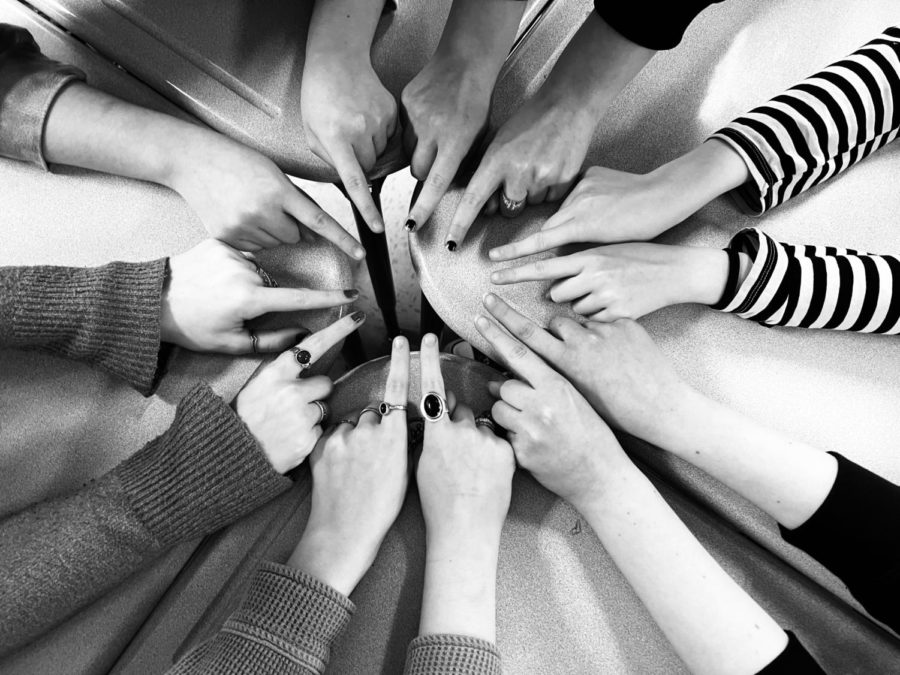Is Cancel Culture working?: A Deep-dive Into Public Humiliation
March 13, 2023
Cancel culture has been around for quite some time now, whether it be people boycotting a political decision or a significant discovery being made about an actress; People have always been canceling, and publicly humiliating people left and right. It has divided fans of various celebrities, but the real question is: Is cancel culture working? Cancel culture is defined differently by everyone.
The Merriam-Webster definition of cancel culture is “The practice or tendency of engaging in mass canceling as a way of expressing disapproval and exerting social pressure.” So essentially, canceling an influencer or celebrity is only “successful” when their career is taken from them. Is cancel culture effective though? There are a few examples of cancel culture working, which has rarely taken someone’s career away. However, in most cases of the #overparty succeeding is in highly inappropriate and illegal actions.
It seems as though public humiliation and cancellations are more of a community action rather than an individual shaming a specific person. The average person with a particular set of morals and values can often find someone with a similar background. When generations grow, the relationship formed through morals can grow so large that it begins to turn into a “mob mentality.”
Mob mentality or sometimes known as herd mentality, is when an individual leaves behind their own values to attach to a group of people that all believe similar things. An example of this would be if someone liked chocolate ice cream, but the rest of the population liked vanilla ice cream; the person would most likely adapt to the idea that vanilla ice cream is better because there is a fanbase or crowd around it. Mob mentality has a considerable impact on cancel culture because when a group of people is large in population, they have more power over others. When there are so many people and so much power to those people, they should be more productive with their expression of disapproval. What this means is that instead of feeding celebrities with hate, “mobs” should be filling the world with what is right and informing others. They should be telling the world why they have a problem and what others can do to correct their actions.
In conclusion, not everyone is a bad person trying to offend people, and no one has to agree with everyone. Will cancel culture go away? It most likely will not, so we must learn to embrace it and renew it to use it for good. The reason cancel culture is not working is that this is not a utopia, and not everyone is going to follow the same morals. It is counterproductive to try to get everyone to hate on someone when it is really just giving more attention to that person. When giving criticism, it should be less of a blunt accusation and more of addressing the mistakes of someone.












